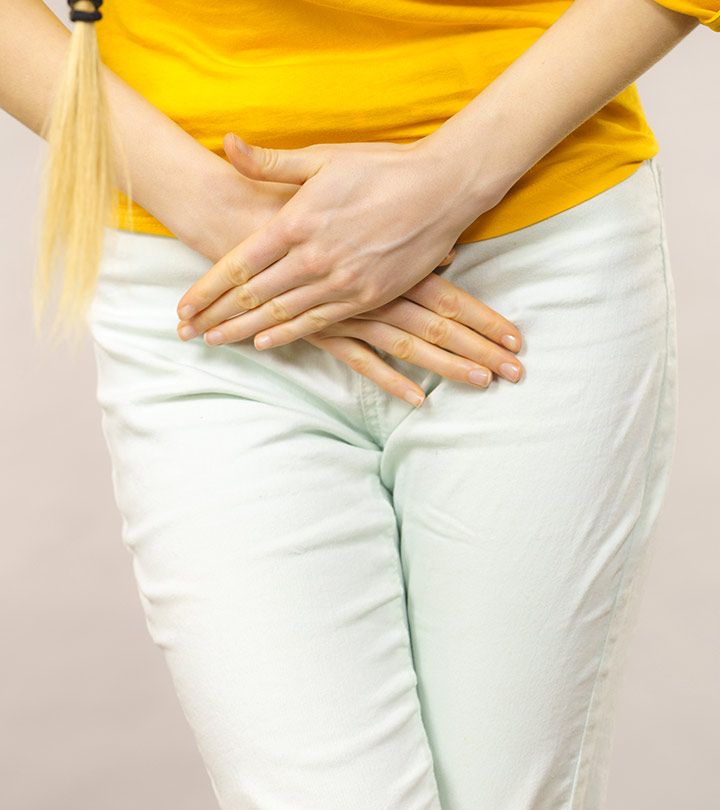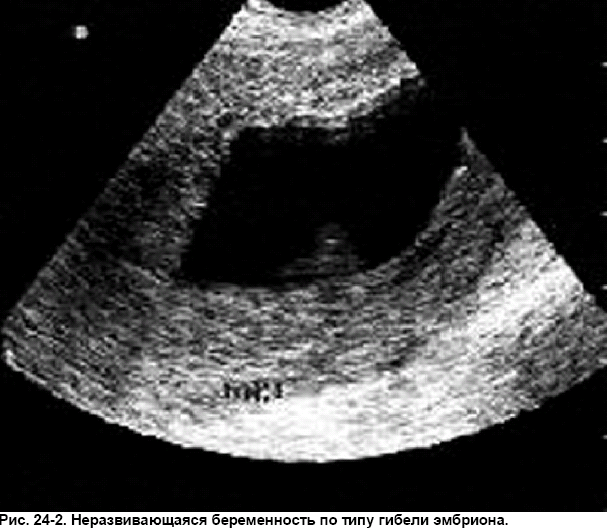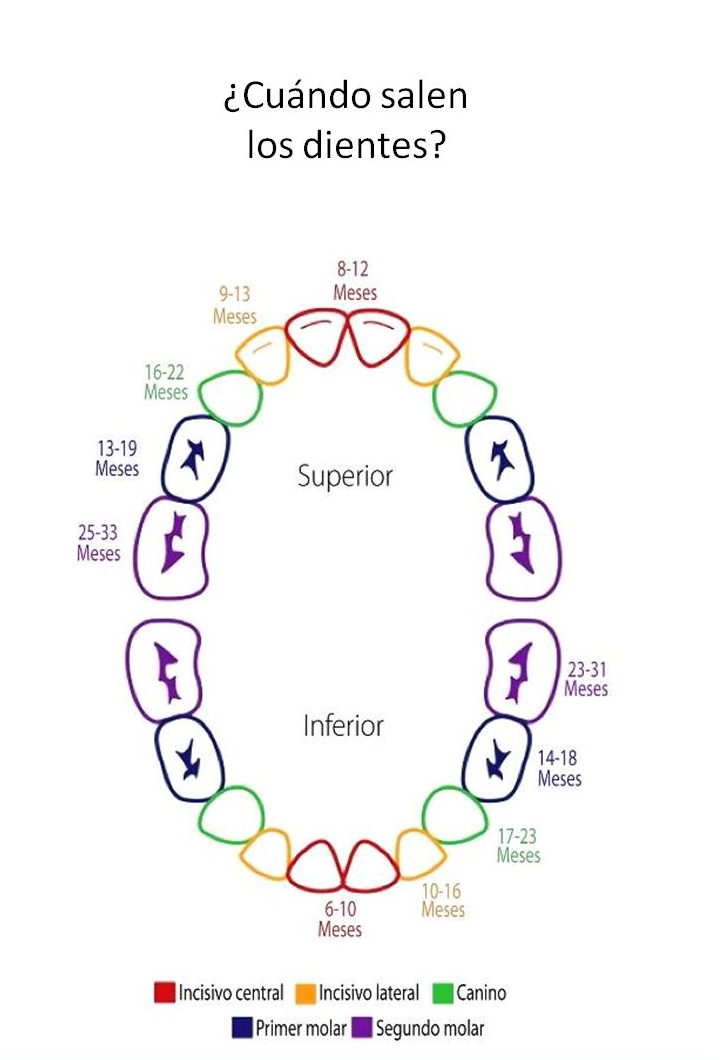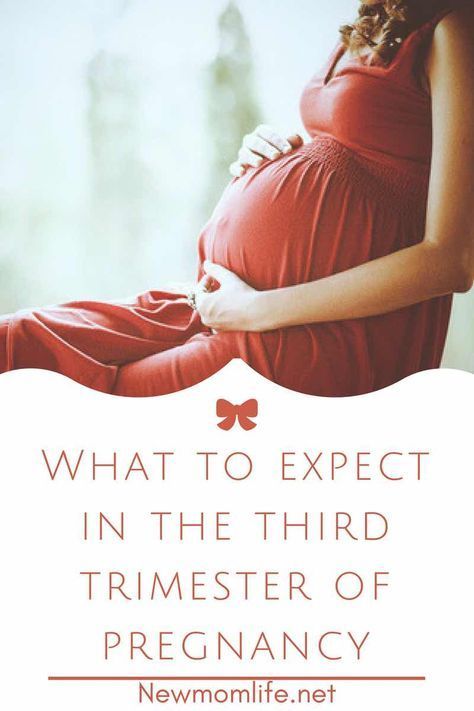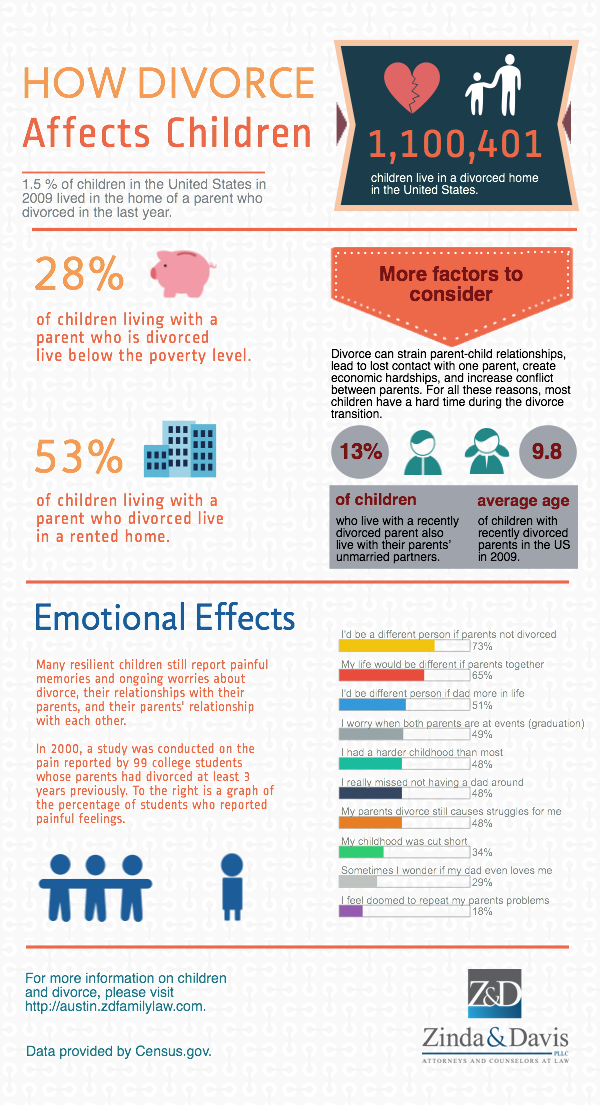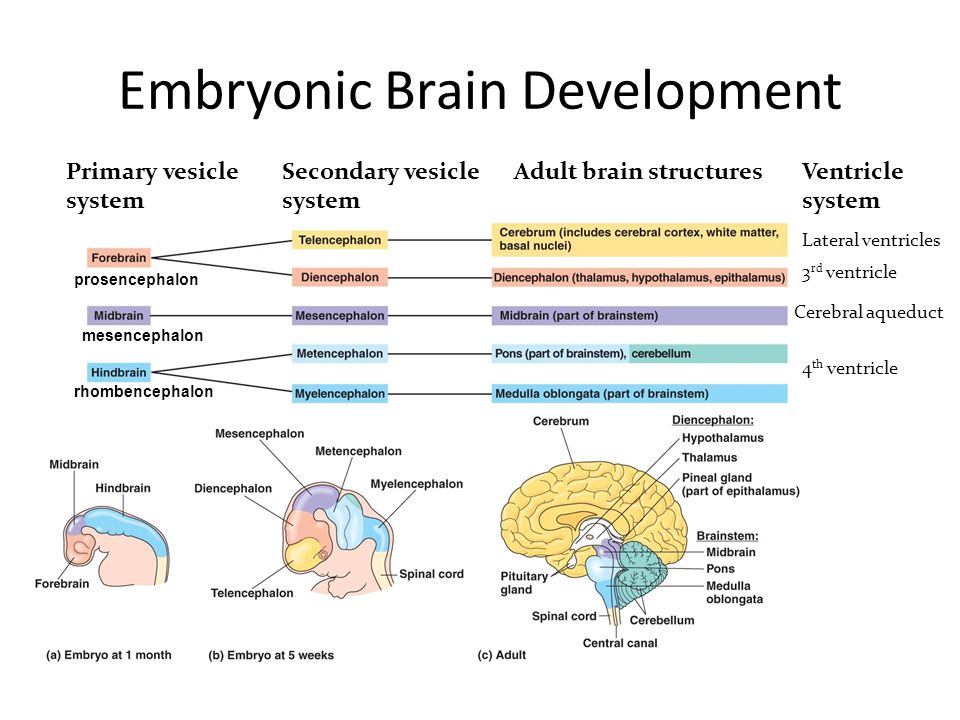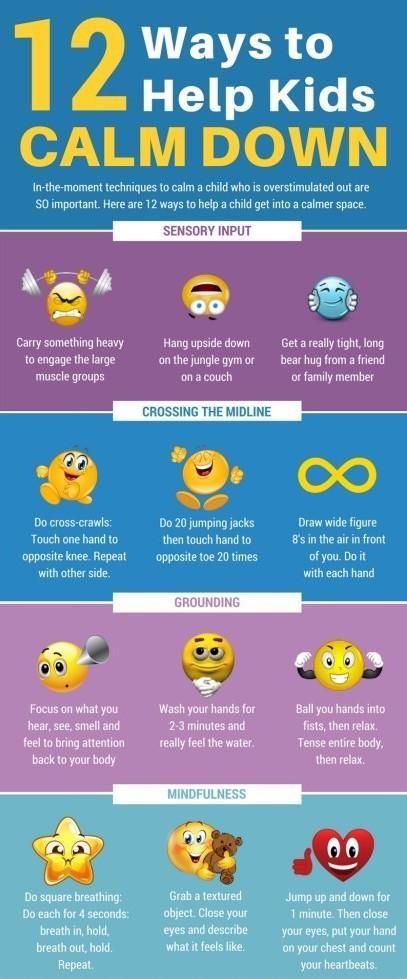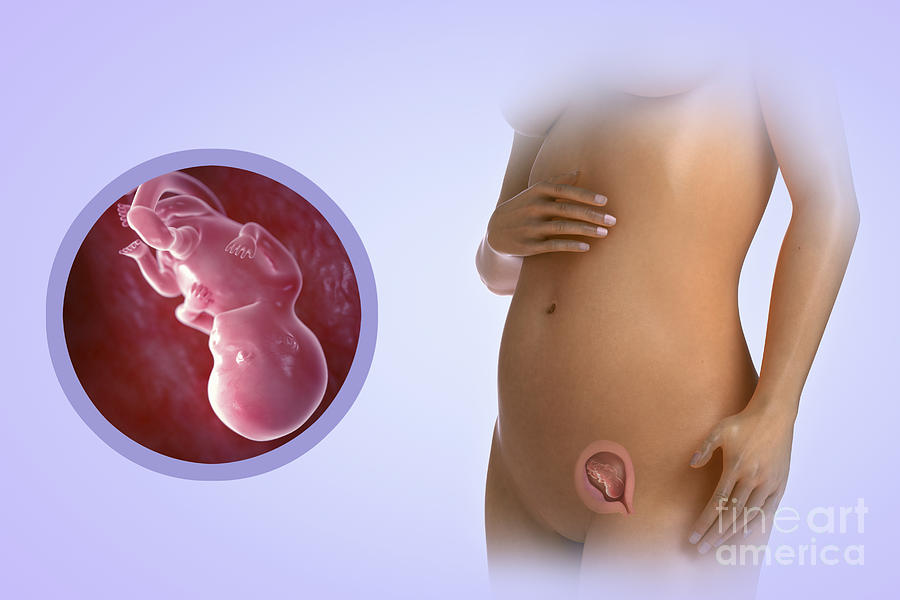What to expect when 18 weeks pregnant
18 Weeks Pregnant | Pregnancy
You may feel your baby move for the first time around now. If you are feeling something now, it may feel like a gentle fluttering sensation.
What's happening in my body?
You might be starting to feel a bit clumsier as your belly gets bigger. Your breasts may have gone up a size, too, particularly if it's your first pregnancy. Your blood pressure is probably a bit lower than it was, so do not leap up from the sofa, or it could make you feel dizzy.
Your baby has been moving around for the past couple of months, but you might not have noticed. You may start feeling some movement now though – it feels like a bubbling or fluttering inside your belly.
You may also notice a line down your stomach, called the “linea nigra” (Latin for "black line"). This is normal skin pigmentation and nothing to worry about. It will probably vanish a few months after the birth.
Your anomaly scan
You'll be offered an anomaly scan at around 18 to 20 weeks. This is a scan that looks at your baby in detail to see if there is anything unusual about their development and appearance. It can pick up a range of conditions, but not all of them.
The scan will not hurt you or your baby, but it may feel a bit uncomfortable as the sonographer may have to apply a bit of pressure on your stomach to get the best possible view.
Read more about why scans are offered and what they involve on the NCT website.
Is it a boy or a girl?
The sonographer may be able to tell you at this scan, but not everyone wants to know, and it's not always the hospital policy to reveal the sex of the baby. If you do not want to know, tell them before you start of your scan appointment.
Free prescriptions and dental care
Did you know that prescriptions are free during pregnancy? NHS dental treatment is also free. You just need a Maternity Exemption Certificate or card (MatEx).
Ask your midwife, GP or health visitor for the application form FW8.
Your certificate will be valid for up to a year after your baby's due date or date of birth.
2nd trimester pregnancy symptoms (at 18 weeks)
Hopefully you are feeling more energetic and able to manage your pregnancy symptoms now. If you are struggling with day-to-day life, talk to your midwife or doctor, they are there to support you.
Your signs of pregnancy could include:
- stretch marks (read about stretch marks on week 17's page)
- tiredness and sleeping problems (week 19 has information about feeling tired)
- swollen and bleeding gums (week 13 has information about gum health during pregnancy)
- pains on the side of your belly, caused by your expanding womb (known as "round ligament pains")
- headaches
- nosebleeds
- bloating and constipation (read about bloating on week 16's page)
- indigestion and heartburn (week 25 talks about digestive problems)
- sore breasts
- leg cramps
- feeling hot
- dizziness
- swollen hands and feet
- urine infections
- vaginal infections (see week 15 for vaginal health)
- darkened skin on your face or brown patches – this is known as chloasma or the "mask of pregnancy"
- greasier, spotty skin
- thicker and shinier hair
You may also experience symptoms from earlier weeks, such as:
- morning sickness (read about dealing with morning sickness on week 6's page)
- weird pregnancy cravings (read about pregnancy cravings on week 5's page)
- a heightened sense of smell
- mood swings (week 8's page has information on mood swings)
- a white milky pregnancy discharge from your vagina and light spotting (seek medical advice for any bleeding)
Read Tommy's guide to common pregnancy symptoms.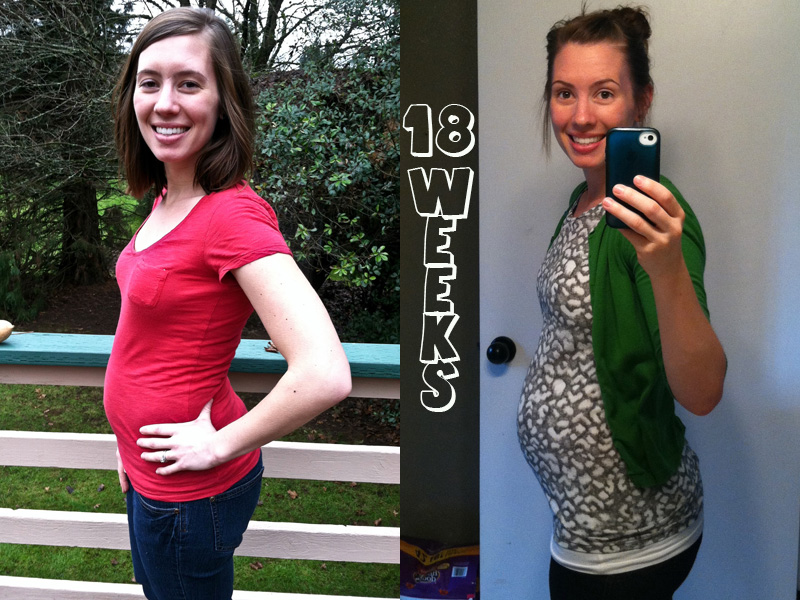
What does my baby look like?
Your baby, or foetus, is around 14.2cm long from head to bottom, and weighs around 190g. That's approximately the size and weight of a sweet red pepper.
Your baby's hearing, feeling, swallowing and sucking reflexes are developing this week. They will also be doing a lot of wriggling around and moving their arms and legs.
Action stations
Many women will tell their employer after they've had their first pregnancy scan at around 12 weeks. Once you tell your employer, you have maternity rights and can attend antenatal appointments during paid work time. You can also ask for a risk assessment of your workplace to ensure that you're working in a safe environment.
It's a good time to tone up your pelvic floor muscles. Gentle exercises can help to prevent leakage when you laugh, sneeze or cough. Get the muscles going by pretending that you're having a wee and then stopping midflow. Visit Tommy's for more ideas about pelvic floor exercises.
Ask your midwife or doctor about online antenatal classes – they may be able to recommend one. The charity Tommy's has lots of useful information on antenatal classes and preparing you for birth.
Even if you've had children before, they're still worth going to as you can meet other parents-to-be. The NCT offers online antenatal classes with small groups of people that live locally to you.
To keep bones and muscles healthy, we need vitamin D. From late March/early April to the end of September, most people make enough vitamin D from sunlight on their skin. However, between October and early March, you should consider taking a daily vitamin D supplement because we cannot make enough from sunlight.
Some people should take a vitamin D supplement all year round, find out if this applies to you on the NHS website. You just need 10 micrograms (it's the same for grown-ups and kids). Check if you're entitled to free vitamins.
It's recommended that you do 150 minutes of exercise a week while pregnant.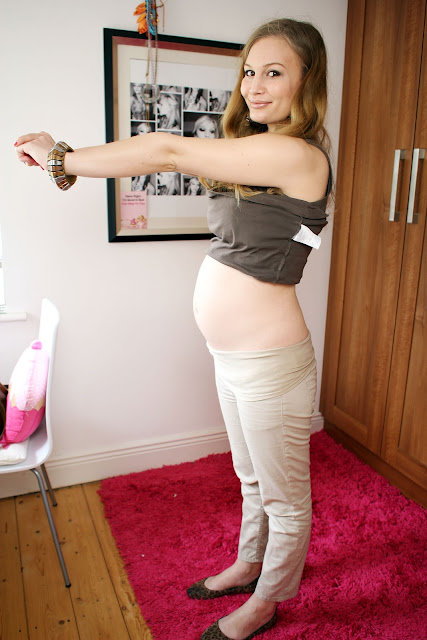 You could start off with just 10 minutes of daily exercise - perhaps take a brisk walk outside. Check out Sport England's #StayInWorkOut online exercises (scroll to the pregnancy section). Listen to your body and do what feels right for you.
You could start off with just 10 minutes of daily exercise - perhaps take a brisk walk outside. Check out Sport England's #StayInWorkOut online exercises (scroll to the pregnancy section). Listen to your body and do what feels right for you.
There's no need to eat for 2. You don't need any extra calories until the third trimester, which starts in week 28. Try to eat healthily, with plenty of fresh fruit and veg, and avoid processed, fatty and salty foods. You may be able to get free milk, fruit and veg through the Healthy Start scheme.
You and your family should follow the government and NHS guidance on coronavirus (COVID-19):
To find out about about COVID-19 and pregnancy, childbirth and breastfeeding, have a look at advice on the:
18 Weeks Pregnant: Symptoms and Baby Development
18 Weeks Pregnant: Your Baby’s Development
This week, your little one is developing a unique characteristic: fingerprints. Pads of fat accumulating on the fingertips and toes will turn into distinguishing swirling lines.
Pads of fat accumulating on the fingertips and toes will turn into distinguishing swirling lines.
The developing digestive system has been going through its paces for several weeks already. Your baby swallows amniotic fluid, which makes its way through the stomach and intestines. That fluid will combine with dead cells and secretions in the intestines to form meconium — a black, tarry substance you'll see at the very first diaper change.
Around 18 weeks, your baby’s ears will begin to stand out from of the sides of the head and may even begin to register sounds.
Your baby will need bile to digest nutrients, and at 18 weeks, the gall bladder may begin to work.
RELATED PREGNANCY TOOL
Baby Name Generator
By gender:
Unisex
By theme:
Nature
Mythology
The Size of the Fetus at 18 Weeks Pregnant
When you’re 18 weeks pregnant, the fetus is around the size of a sweet potato, measuring about 5 and a half inches long from crown to rump, and weighing around 7 ounces. The illustration below shows how things may be looking inside your belly this week:
The illustration below shows how things may be looking inside your belly this week:
Mom’s Body at 18 Weeks Pregnant
If this is your first pregnancy, you may feel the baby begin to move inside your belly sometime soon. This fluttering feeling is known as quickening.
As your baby gets bigger, you may notice stronger movements and maybe even kicks in the weeks to come. Because each mom is different, you may feel this movement earlier (this is common if this is not your first baby) or in some cases even later. So, even if you don’t feel any movement at 18 weeks pregnant, there is no need to worry.
At this stage of your pregnancy, your body is going through a lot of circulation changes, such as increased blood volume and rapidly expanding blood vessels, which can cause your blood pressure to drop. This can leave you feeling lightheaded if you’re not getting enough blood flow to your head and upper body.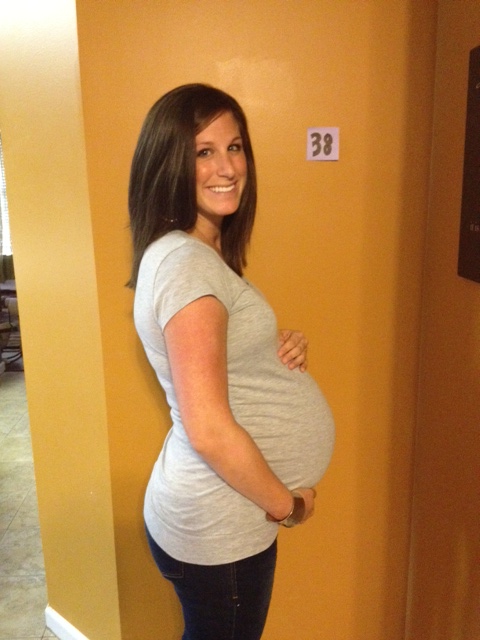
You may also notice around 18 weeks that your feet are getting bigger. A part of this is due to swelling caused by water retention, known as edema, which can occur from the second trimester onward.
Hormones also play a part in growing feet. The pregnancy hormone relaxin, which relaxes your pelvic joints so your baby can fit through the birth canal, loosens the ligaments in your feet, causing the foot bones to spread. You can relieve the swelling with a footbath of cool water and by keeping your feet raised; don’t worry (and have fun!) if you need to head out shoe shopping for a bigger size.
If you’re wondering how many months pregnant you are at 18 weeks, the answer is you have probably now just turned 5 months pregnant.
18 Weeks Pregnant: Your Symptoms
At 18 weeks pregnant, here are some of the symptoms you may be experiencing:
Dizzy spells. Your heart is working 40 to 50 percent harder than it did before you were pregnant.
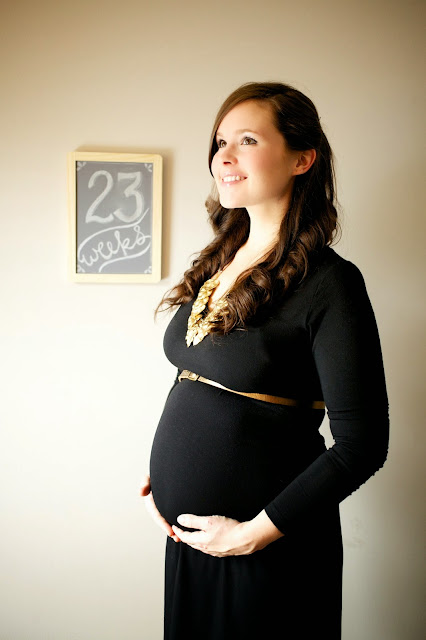 This effort, combined with the pressure of your growing uterus on blood vessels, can occasionally leave you feeling faint, particularly when you get up quickly. Be sure to rest frequently. Lie down on your side when you feel faint or dizzy. Low blood sugar can also lead to wooziness. Resting, lying down on your side, or eating a piece of fruit will help boost blood sugar levels and settle dizzy spells.
This effort, combined with the pressure of your growing uterus on blood vessels, can occasionally leave you feeling faint, particularly when you get up quickly. Be sure to rest frequently. Lie down on your side when you feel faint or dizzy. Low blood sugar can also lead to wooziness. Resting, lying down on your side, or eating a piece of fruit will help boost blood sugar levels and settle dizzy spells.
Mini moves. Most women first feel their little one's movements between 16 and 20 weeks. Your baby is still small, so at around 18 weeks pregnant, it'll be more of a gentle flutter than a forceful kick in your belly.
Leg cramps. You may find that leg cramps strike at 18 weeks pregnant, usually at night. Try to stretch your calf muscles before bed and stay hydrated. A warm bath, hot shower, or a massage may help, too.
Nasal problems. Thank s to a surge in hormones and increased blood volume during pregnancy, which causes mucous membranes to swell up, you might experience nosebleeds and congestion.

Aches and pains in the back. Your growing belly and hormonal changes can lead to aches and pains in your lower back area.
18 Weeks Pregnant: Things to Consider
Follow a diet rich in omega-3 fatty acids. Getting the nutrients you and your baby need is important, and omega-3 fatty acids are a crucial part of a healthy diet. Omega-3s help your little one’s nervous system develop, and some research shows that they may also help boost your immune system and reduce the symptoms of depression. Look for foods that are rich in this nutrient, like salmon or other fatty fish, or get your omega-3s from vegetarian sources like flaxseed, broccoli, or walnuts. You can learn more about nutrition during pregnancy in our downloadable pregnancy guide.
Increase your calorie intake healthily. You'll need some extra calories to support your growing baby, but you don’t actually need to eat for two.
 Once you reach the second trimester, this could be an extra 300 calories — half a sandwich and a glass of skim milk, say — on top of an average 2,000 calories a day. You can check your pregnancy weight gain with our downloadable and printable tracker.
Once you reach the second trimester, this could be an extra 300 calories — half a sandwich and a glass of skim milk, say — on top of an average 2,000 calories a day. You can check your pregnancy weight gain with our downloadable and printable tracker.
You may notice that everyone, from your mother-in-law to complete strangers, feels compelled to offer advice about your pregnancy. Although unsolicited opinions can be annoying, try to take them in stride. You don't have to explain yourself to anyone. A simple "Thanks, I'll keep that in mind" should do the trick. Try to remember that people mean well, and they're excited for you. You may even find some of the parenting tips you get are actually helpful.
In rare cases, the mid-pregnancy ultrasound reveals a problem associated with the placenta. Your healthcare provider will tell you if he suspects either placenta accreta or placenta previa and will be able to advise you on what care you will be given to lower any risks associated with either condition.
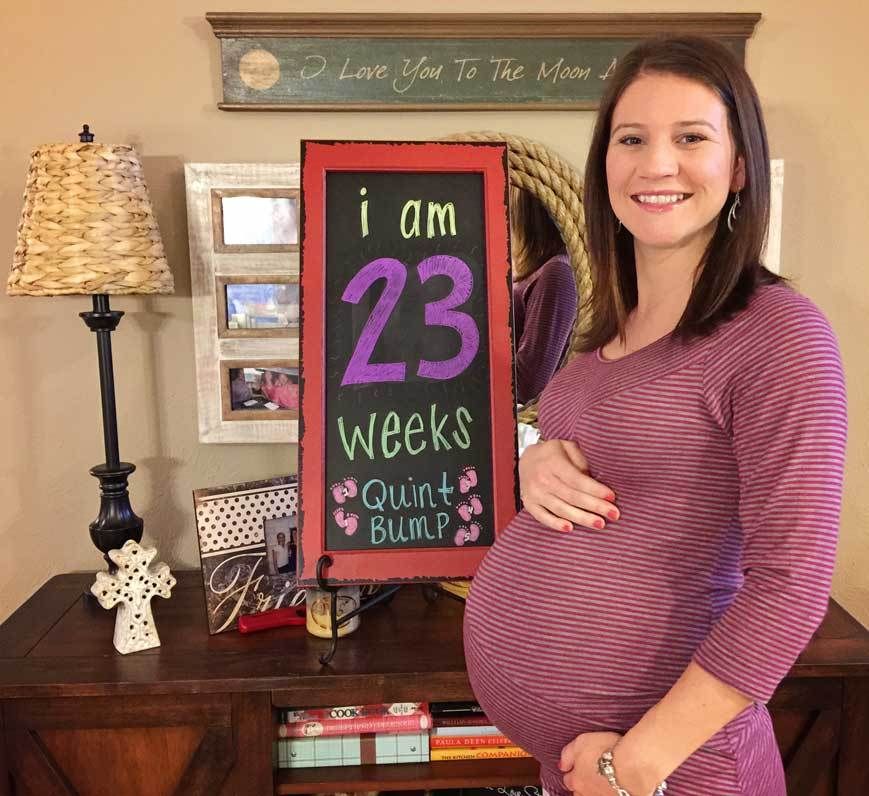
18 Weeks Pregnant: Ask Your Doctor
Is your baby’s level of movement and position on track for 18 weeks pregnant? You can read more about quickening and fetal movement.
What are the risks and benefits of any genetic tests that may be offered this trimester?
Do you recommend the maternal serum alpha-fetoprotein (or MSAFP for short) screening test?
When will your mid-pregnancy ultrasound exam be?
18 Weeks Pregnant: Your Checklist
Make a list of foods rich in omega-3s and add them to your weekly shopping list.
Start collecting books to read to your baby. Discover the best baby books according to Pampers Parents.
Think about baby names for your little one, and check out our Baby Name Generator for inspiration.
Sign up for even more pregnancy tips here:
what is happening, the development of pregnancy and fetus
Week by week
17 - 20 weeks of pregnancy
Elena Gevorkova
Obstetrician-gynecologist, Moscow
17th week
BABY
The body length of the fetus at this period is 12-13 cm, and its weight reaches 150 g by the end of the 17th week.
the process of this week is to build the muscle mass of the baby. Various muscle groups are strengthened, which is manifested by increased motor activity of the fetus. Movements become more varied and complex. Frequent movements of the arms and legs not only train the muscles, but also contribute to the development of joints - knee and elbow. The handles are clenched into fists and are unclenched infrequently - to capture the umbilical cord or when sucking a finger. Until this time, the fetal head practically did not move, it was lowered low, the chin was tightly pressed to the chest. By the 17th week, the muscles of the back and neck are strengthened so much that the fetal head can rise to an almost vertical position.
All internal organs continue to improve, their structure becomes more complex, and their functional abilities expand. In other words, intensive preparation continues, allowing the internal organs to begin full-fledged work immediately after the birth of the child.
Important changes are taking place in the baby's cardiovascular system. Around the heart there are many nerve plexuses that form the conduction system of the heart. Its uniqueness lies in the fact that the heart does not require external signals to work. Each internal human organ obeys the central nervous system - the brain, which sends a command, and the organ works according to the signal "from above". The peculiarity of the functioning of the heart lies in the fact that the command signals that cause it to contract arise in itself. This autonomous mode allows the heart to work throughout life, day and night, regardless of the activity of the central nervous system.
The development of the fetal respiratory system continues. The respiratory muscles of the lungs are strengthened. Breathing movements become more and more intense - contractions that simulate inhalation and exhalation, which allows you to strengthen the muscles of the chest. At a period of 17 weeks, the alveolar apparatus of the lungs is completely formed. Alveoli are the end parts of the respiratory apparatus in the lung, having the form of tiny bubbles, in which, after the birth of the baby, gas exchange will occur: oxygen from the air will enter the blood vessels of the lungs, and carbon dioxide will be released into the lumen of the alveoli. Each breath will saturate the baby's blood with oxygen. From 17 weeks, the fetal alveoli are in a collapsed state. The first breath of the baby will fill the lungs with air, and the alveoli will expand widely.
Alveoli are the end parts of the respiratory apparatus in the lung, having the form of tiny bubbles, in which, after the birth of the baby, gas exchange will occur: oxygen from the air will enter the blood vessels of the lungs, and carbon dioxide will be released into the lumen of the alveoli. Each breath will saturate the baby's blood with oxygen. From 17 weeks, the fetal alveoli are in a collapsed state. The first breath of the baby will fill the lungs with air, and the alveoli will expand widely.
MOM-to-be
The tummy continues to grow, and the bottom of the uterus is in the middle between the pubic symphysis (pubis) and the navel. Weight gain by this period is about 5 kg. An increase in the total volume of the mother's blood is natural, since the fetus needs intensive nutrition. The expectant mother feels this as a rapid heartbeat, as more blood passes through the heart of a pregnant woman than usual, and this requires additional heart contractions.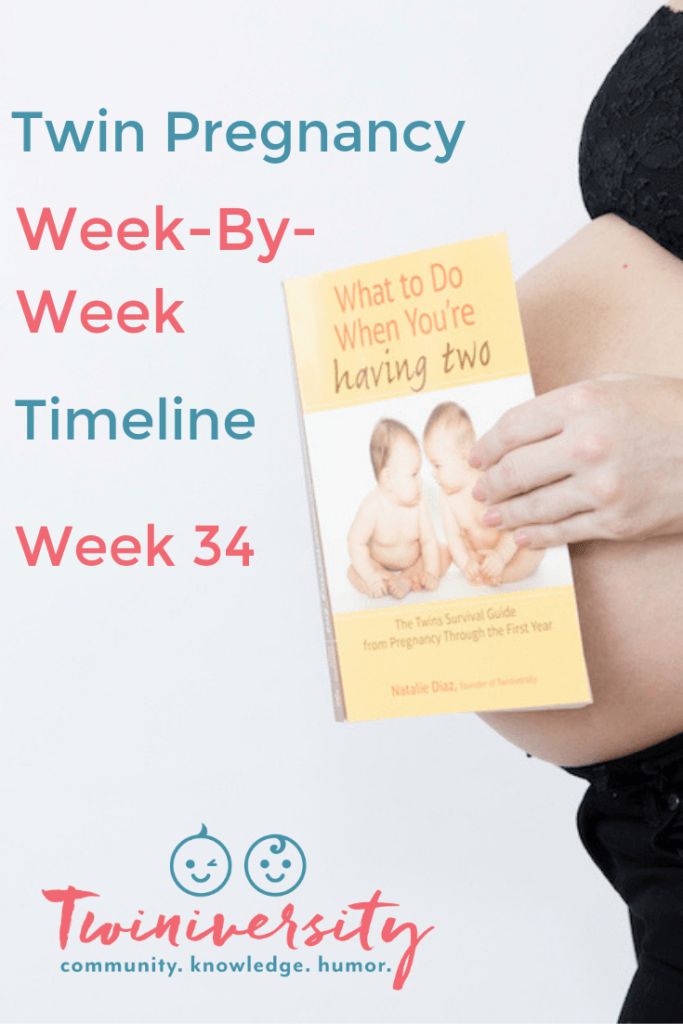 An increased heartbeat - tachycardia - may not be felt at all, and may be a source of discomfort for a woman. If you experience tachycardia, you should report it to your gynecologist or cardiologist to determine if it is normal or a symptom of a heart condition such as an arrhythmia.
An increased heartbeat - tachycardia - may not be felt at all, and may be a source of discomfort for a woman. If you experience tachycardia, you should report it to your gynecologist or cardiologist to determine if it is normal or a symptom of a heart condition such as an arrhythmia.
Another manifestation of increased blood volume (CBV) in pregnant women can be nosebleeds and increased bleeding gums. This is due to the increased load on thin-walled vessels - capillaries located in the mucous membranes of the nasal and oral cavities. Vitamins come to the rescue, the timely appointment of which will strengthen the walls of blood vessels. Hygiene procedures will also require caution: the use of toothbrushes with soft bristles is recommended. If minor nosebleeds appear, you can rinse the nasal passages with a salt solution using AQUAMARIS, PHYSIOMER, SALIN preparations or prepare the solution yourself by adding 1 teaspoon of salt to a glass of water. The salt solution will compress the walls of the capillaries of the mucosa, thereby helping to stop the bleeding.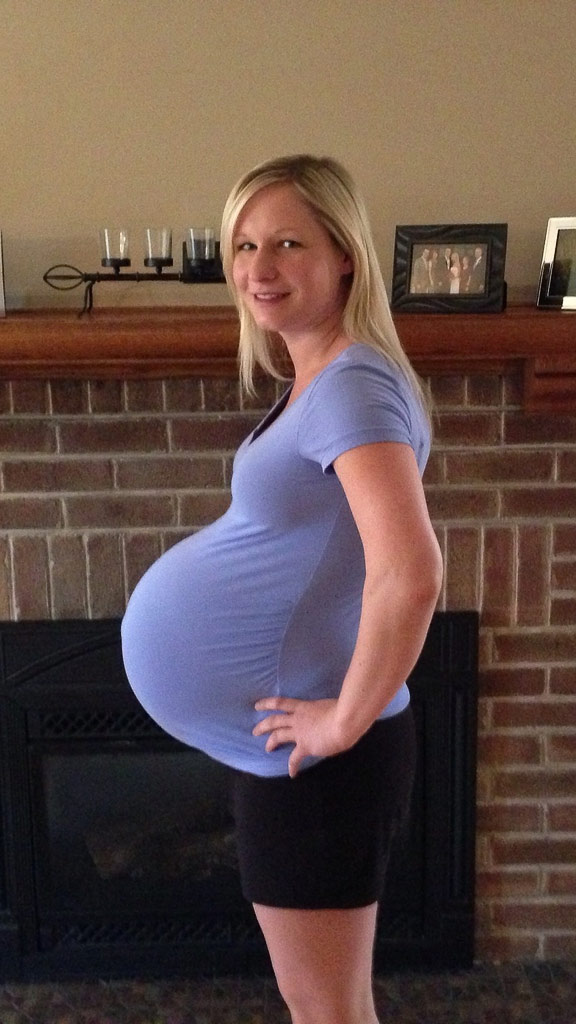 For more severe bleeding, see a doctor.
For more severe bleeding, see a doctor.
18th week
BABY
At the 18th week the fetus is 20 cm long and weighs 200-250 g. Nerve fibers that braid organs and tissues are covered with a special fatty sheath - myelin. The myelin sheath provides a high speed of nerve impulses. In the future, this will allow a person to instantly respond to external stimuli, for example, pull his hand away from a hot or sharp object at the slightest contact with it.
The appearance of the fetus approaches the appearance of a newborn child, facial features become more and more distinct, ears straighten out, which until this time were tightly pressed to the head.
The middle ear is formed and the nerve transmission pathway responsible for auditory perception is improved. In other words, from this period the baby is able to perceive external stimuli and respond to excessively loud sounds - knocking doors, screams, car signals, etc. The noises of the mother's body (intestinal peristalsis, heartbeat, blood flow through large vessels, etc. ) are a completely normal environment for the fetus, moreover, they train his auditory perception.
) are a completely normal environment for the fetus, moreover, they train his auditory perception.
The fetal endocrine system functions very intensively. Starting from the period of 18-19 weeks, the release of "children's" hormones is so great that even the mother's body is able to provide. For example, if the mother had an insufficiency of adrenal or thyroid hormones, then at this time it is quite possible to compensate for this condition.
Expectant MOM
18 weeks of pregnancy is the period when you can feel the movements of the fetus. Usually, in primiparas, these sensations occur later - at 19— 20th week. As a rule, at earlier terms (at 16-18 weeks), movements are felt by multiparous or thin women who have an insignificant layer of subcutaneous fat.
At first these will be episodic, short-term, weak sensations. After some time, the movements are felt more and more clearly. Their nature can be different: light pushes, touches, rolling or twitching.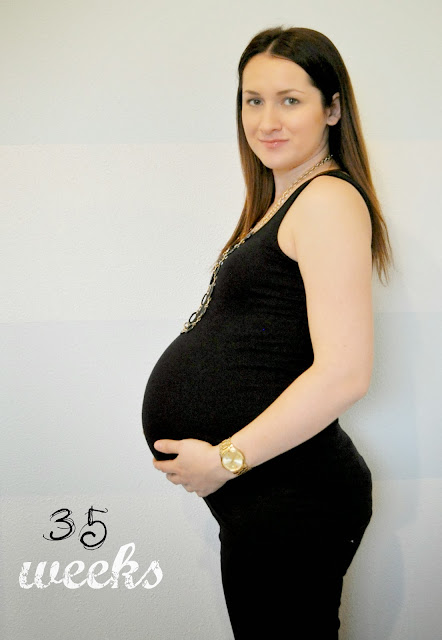 The first movements of the baby are a very anticipated and exciting moment in the life of pregnant women. For the first time, the expectant mother receives a response to her condition, “proof” of the connection between her and the baby.
The first movements of the baby are a very anticipated and exciting moment in the life of pregnant women. For the first time, the expectant mother receives a response to her condition, “proof” of the connection between her and the baby.
Fetal movements are very chaotic, varied. The motor activity of the fetus increases during its wakefulness and is practically absent during sleep. Most of the time the fetus sleeps. Movement can become more active if the expectant mother is experiencing emotional stress. In this case, the level of stress hormones in the pregnant woman's body rises and the fetus, receiving them with the mother's blood, experiences similar sensations, which is manifested by an increase in its activity. Also, the baby may respond to an insufficient supply of oxygen to the mother's body if the pregnant woman does not move much, spends insufficient time in the fresh air, or is in a forced position for a long time (for example, driving a car).
19th week
BABY
At the 19th week the fetus is 25 cm tall and weighs 250-300 g. , and the fetal head significantly slows down its growth. Due to this, the baby changes outwardly and no longer looks disproportionate.
, and the fetal head significantly slows down its growth. Due to this, the baby changes outwardly and no longer looks disproportionate.
The relief of the fetal body changes somewhat and acquires roundness due to the accumulation of subcutaneous fat. This is the so-called brown fat of newborns, which is laid down for a period of 19-20 weeks and after the birth of a child, it performs the function of thermoregulation - it protects against overheating and hypothermia. Gradually, this fat disappears, and in adults it remains in the form of lumps in the thickness of the cheeks, in the region of the kidneys, shoulder blades, and armpits.
At this time, an interesting event occurs - the laying of molars (permanent) teeth. They are located under the rudiments of milk teeth in the thickness of the dental plate - this is a special formation from which the maxillo-dental complex is formed and which disappears by the full term of pregnancy.
The most important process of the 19th week of fetal development is rightly considered the maturation of the brain. Separate units of the brain (neurons) form connections with each other with the help of special processes. Cells seem to cling to each other, thereby providing the possibility of a variety of pathways for the passage of impulses and the synchronism of the brain. There is a formation of brain structures responsible for perception - taste, sight, smell, hearing, touch.
Separate units of the brain (neurons) form connections with each other with the help of special processes. Cells seem to cling to each other, thereby providing the possibility of a variety of pathways for the passage of impulses and the synchronism of the brain. There is a formation of brain structures responsible for perception - taste, sight, smell, hearing, touch.
Interesting changes occur in the hematopoietic system of the fetus. The spleen is involved in the formation of blood cells. It produces mainly "white" blood cells - leukocytes. Their main task is to protect the body from external and internal factors - toxins, microbes, etc. Thus, the composition of the blood of the fetus changes. Until deadline 19-20 weeks, the blood of the fetus consisted exclusively of erythrocytes - cells of the "red" blood, but now it is close in composition to the blood of a newborn.
Future MOM
The tummy continues to grow rapidly, and by this time the bottom of the uterus is 1.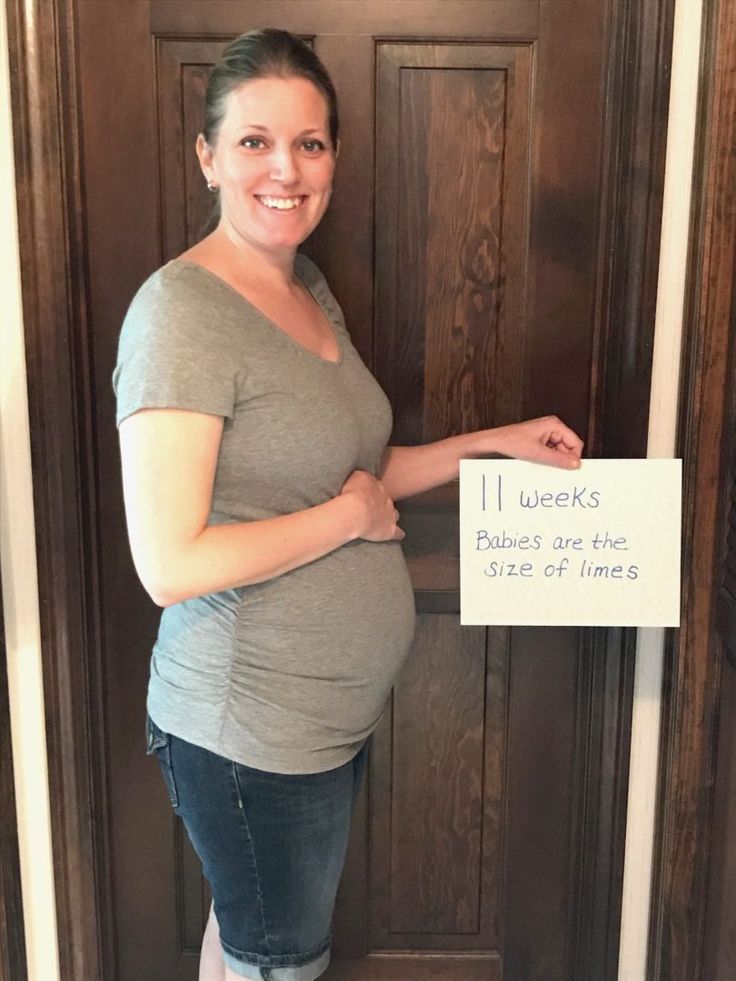 5-2 cm below the navel.
5-2 cm below the navel.
By the 19th week, the weight of the pregnant woman increases by 3-6 kg. This increase is distributed between the placenta, amniotic fluid, uterus and fetus, and it accounts for only a tenth of the total weight.
Rapid growth of the uterus may cause discomfort. Most often this is due to the fact that when you change the position of the body, when walking or bending, pain is felt in the lateral sections. Its nature is different: the pain can be pulling or sudden, acute, occur only on one side or on both. This is how the ligaments are stretched. These are special strands that are attached to the side walls of the uterus and pelvic bones and fix the uterus. The uterus is "suspended" with the help of this ligamentous apparatus. When there is a change in its position, the ligaments are stretched, and this can cause pain.
Such "ligamentous" pains are normal and do not require treatment - sometimes it is enough to take antispasmodics that relax the uterus and eliminate pain.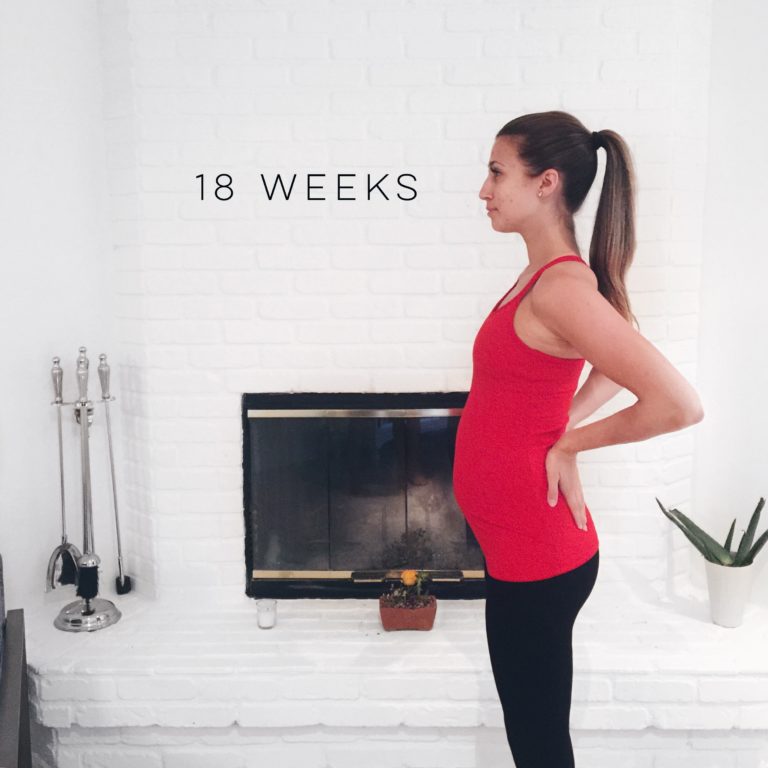 But you need to inform your gynecologist about this condition and undergo an examination to exclude pregnancy complications - uterine hypertonicity, the threat of interruption. In this case, treatment should be prescribed - possibly in a hospital setting.
But you need to inform your gynecologist about this condition and undergo an examination to exclude pregnancy complications - uterine hypertonicity, the threat of interruption. In this case, treatment should be prescribed - possibly in a hospital setting.
20th week
BABY
Fetal length reaches 28 cm, weight increases to 340 g.
Until the 20th week, the length of the baby was measured from the crown to the coccyx, after this period, the concept of growth will also include the length of the body and legs.
The fetus is active, makes many different movements: pushes off the walls of the uterus, somersaults, grabs the umbilical cord with its handles, feels itself. The facial expressions of the baby become more pronounced: he frowns, smiles, closes his eyes.
The skin of the fetus is thickened, completely covered with fluffy hairs and cheese-like grease. The largest amount of lubricant accumulates in the folds, which prevents skin irritation during mechanical friction.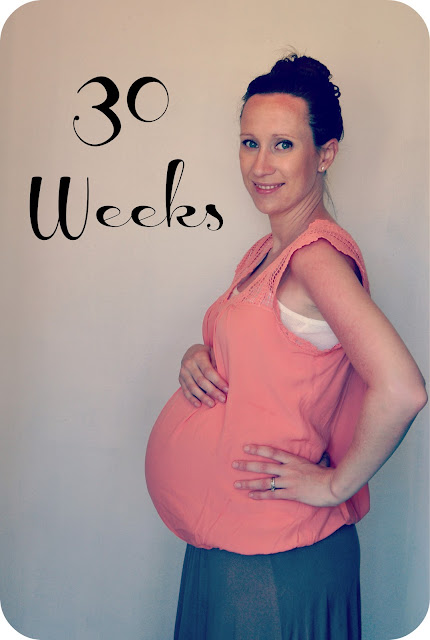 Also, the lubricant has bactericidal properties, and during childbirth, it provides better gliding of the fetus along the mother's birth canal.
Also, the lubricant has bactericidal properties, and during childbirth, it provides better gliding of the fetus along the mother's birth canal.
The gastrointestinal tract is developing intensively. The fetus constantly swallows amniotic fluid in small portions, which washes the stomach and intestines and trains peristalsis - reducing bowel movements.
From the 20th week, the process of amniotic fluid processing begins, a prototype of future digestion. The fetus produces the original feces - meconium, a sticky substance of a dark green color. Meconium consists of epithelial cells, mucus, bile and water. It accumulates in the intestinal lumen of the fetus and normally comes out on the first day after birth.
Future MOM
20 weeks complete the first half of pregnancy. Starting from this period, the load on the mother's body increases due to the intensive growth of the fetus.
The tummy increases in size, the height of the fundus of the uterus reaches the level of the navel. The growing uterus begins to put pressure on the lungs, pregnant women experience the first symptoms of shortness of breath.
The growing uterus begins to put pressure on the lungs, pregnant women experience the first symptoms of shortness of breath.
Some increase in urination is possible. The reason for this is mechanical irritation due to compression of the bladder by the growing uterus. In many cases, there is an increase in the volume of vaginal discharge. The extra blood flow to the genitals causes an increase in vaginal secretion, which appears as a mucus or white discharge. Normally, they should not have a smell and be accompanied by discomfort in the vagina - itching, burning, etc. It is necessary to monitor the nature of the discharge and consult a doctor for any changes - with the appearance of yellow, thick, curdled discharge, an unpleasant odor, etc. Such whites can be a sign of trouble - thrush, microflora disorders, exacerbation of genital infections. During pregnancy, the tendency to inflammation of the vagina - colpitis - increases, as the mucosa changes its composition and becomes more "attractive" to microbes. Saturation with mucus increases its nutritional value, and microbes multiply in such an environment at a high rate. This greatly increases the risk of fetal infection.
Saturation with mucus increases its nutritional value, and microbes multiply in such an environment at a high rate. This greatly increases the risk of fetal infection.
In case of complaints, as well as in the screening procedure, i.e. as part of the management of pregnancy, tests are given - a gynecological smear for flora and PCR diagnostics of genital infections. If necessary, additional examination and treatment are prescribed.
18th week of pregnancy: sensations, size and development of the fetus
PreviousNext
If this is your first pregnancy, now you will probably feel the first movements of the crumbs. If not the first, most likely you have been feeling them since the 14th week.
It's going to be an exciting week! You have already seen a lot of pregnancy signs, but there is nothing more convincing than understanding that the baby is moving inside you! In primiparous mothers, this usually occurs at the 18th week, in multiparous mothers - a little earlier.
Until now, the amniotic fluid has served as a buffer between you and the baby, and the nerve endings in the uterine wall have not been in direct contact with the baby. Now your baby is big enough. It can touch the nerve endings through the walls of the amniotic sac, and your brain will notice that something is moving inside your body.
Can I really feel my baby's movements?
How do you feel the first movements of the crumbs? It's hard to describe in words. Some women say that they are like the fluttering of a butterfly or the slight movement of a small bubble of happiness inside. Others claim that the baby's movements are almost indistinguishable from gases in the intestines. There are different ways to describe it - tickling, whispering, or something similar to the feeling of the start of a high-speed elevator, when you catch your breath for a second. In general, this causes different and incomparable feelings for all women.
Remember that each child has individual characteristics of movement, respectively, each expectant mother will have unique sensations.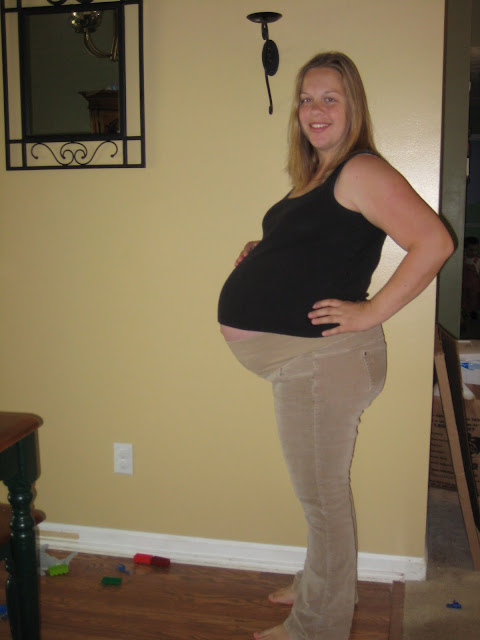 When a woman begins to feel the first movements, she may wonder if this is real or just her imagination. Don't worry, soon you won't have any doubts: your child is moving inside you.
When a woman begins to feel the first movements, she may wonder if this is real or just her imagination. Don't worry, soon you won't have any doubts: your child is moving inside you.
You may find that your baby's movements are easier to feel when you are lying or sitting still and not distracted by other things.
The first movements of a baby are one of those moments worth living for.
Physical changes at 18 weeks of pregnancy
-
We can feel that the fundus of the uterus is already halfway between the pubic bone and the navel. It feels like a hard, muscular protrusion that doesn't go away when you apply light pressure to it. When visiting a prenatal clinic, the doctor checks the size of the uterus every time, because this is the perfect way to measure the growth of your child and compare it with the norms for your gestational age.
-
Now your uterus is the size of a small melon, so it is not surprising that you feel heaviness and pressure in the lower abdomen.
 By the end of the day, you may feel a little tired. When you go to the grocery store, take a melon and taste it by weight.
By the end of the day, you may feel a little tired. When you go to the grocery store, take a melon and taste it by weight. -
If your abdomen is already enlarged, stretch marks may appear. It happens during pregnancy and there is almost nothing you can do to avoid them. Some of the risk factors for stretch marks are overweight, heredity, and the age of the expectant mother. Rub a skin softening cream on your stomach daily, but try not to spend a lot of money on "magic" products that promise no stretch marks.
-
Who snores so much at night? Your favorite? Perhaps he has nothing to do with it. At this time, many pregnant women begin to snore, to their horror. Blood-filled mucous membranes and stuffy nose are to blame. Two pillows under your head or sleeping on your side can help. Some women use a saline nasal spray, which thins out secretions and moisturizes the nasal passages.
-
Where is the food? Your appetite may increase this week.
 In the next two weeks, the development of the baby stabilizes, but so far he is growing at a very fast pace. Load your kitchen cabinets and fridge with healthy food for you and your child. Look for foods with a low glycemic index - they take longer to digest and eliminate hunger for a long time.
In the next two weeks, the development of the baby stabilizes, but so far he is growing at a very fast pace. Load your kitchen cabinets and fridge with healthy food for you and your child. Look for foods with a low glycemic index - they take longer to digest and eliminate hunger for a long time. -
The volume of blood in your body has increased so much that your heart has to work almost 50% more. If you still smoke, do yourself and your child a big favor and quit!
Emotional changes this week
-
If so far you haven't had any special feelings for your unborn child, this week everything can change. Feeling the first movements of the crumbs, you will understand how real the little life is inside you.
-
You may decide to hold back news of your baby's movements for a while. Many women feel a special, secret bond with their child that they don't want to share with anyone.
 It's okay, but maybe you should at least tell your loved one.
It's okay, but maybe you should at least tell your loved one. -
Where childbirth seemed far away before, this week it seems to be a little closer. The growing tummy and the movements of the baby constantly and persistently remind you that someday he will leave your body. Start thinking about childbirth and planning it.
What happens to the baby at the eighteenth week of pregnancy
-
Your uterus is getting a little tight. It should fit your baby, as well as amniotic fluid, placenta, membranes of the amniotic sac and umbilical cord. Not to mention the fact that there should be additional space for the movements of the baby. Fortunately, the uterus is a unique muscle that can grow several times its original size and shape.
-
Your baby may start sucking his thumb this week. An ultrasound at the 18th week shows that many babies at this time discover their fingers, and they seem very attractive to them.
 Due to sucking for several months, some babies are born with calluses on their thumbs.
Due to sucking for several months, some babies are born with calluses on their thumbs. -
Your child's bones are getting stronger, harder and less like cartilage. Keep track of your calcium intake and the amount of dairy in your diet. If you don't like milk, eat cheese, yogurt, custard desserts, ice cream, fish with soft and edible bones, almonds. Green leafy vegetables also contain calcium.
Tips 18 weeks
-
Do you still allow yourself some alcohol? Quit for the sake of your own well-being and the health of your child. There is no safe level of alcohol consumption for pregnant women, and the only 100% reliable solution is to stop drinking alcohol completely. Instead, drink fruit juice, soda, mineral water, soft drinks, or just plain water with lemon juice.
-
Schedule a second ultrasound screening. In most cases, it is carried out between the 20th and 24th weeks of pregnancy.

